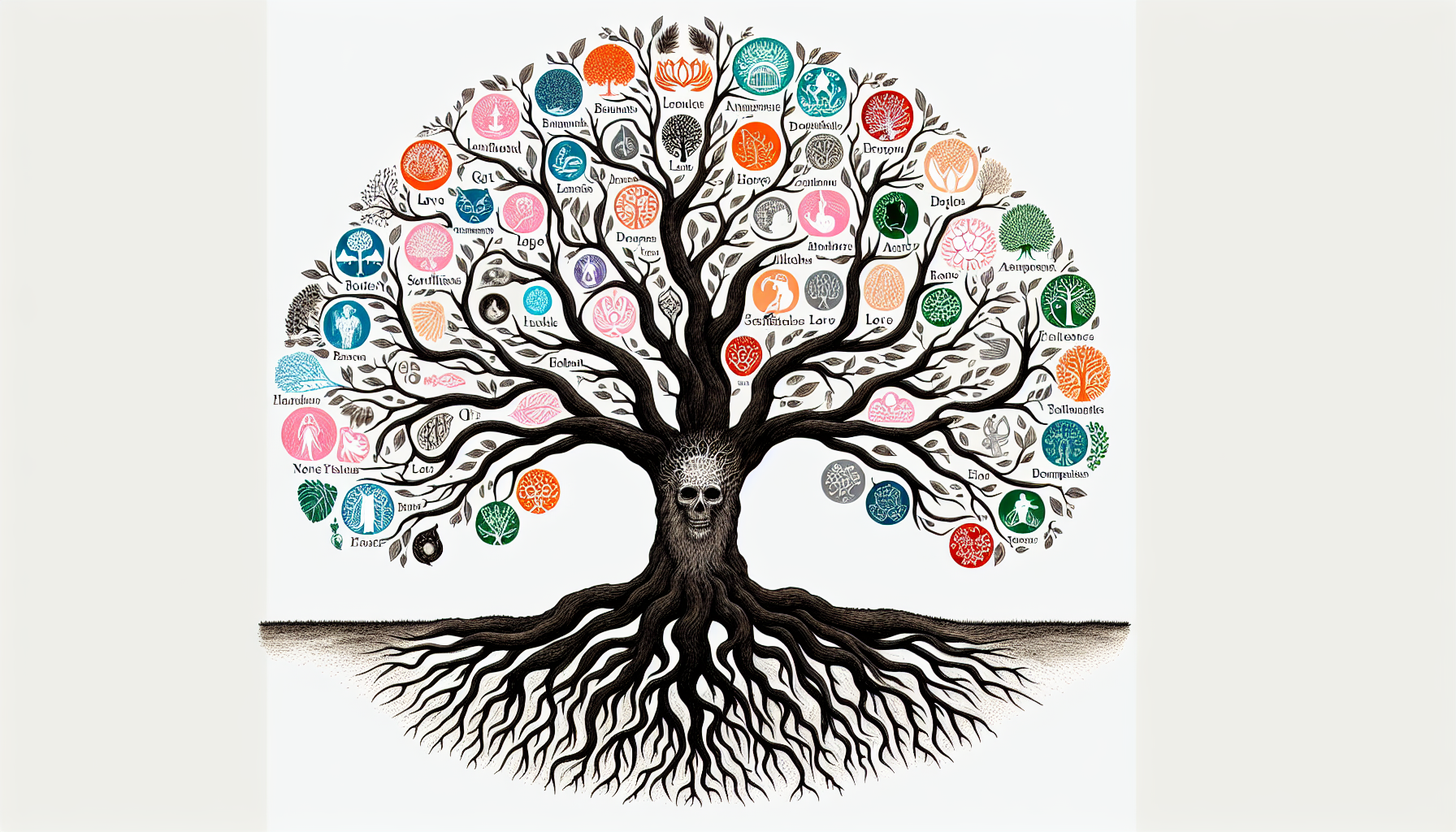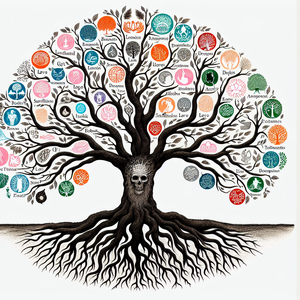Philanthropy and Legacy: How James Duke Changed North Carolina

James Duke's journey into philanthropy began as he accumulated wealth through the tobacco industry. By the end of the 19th century, he had established a dominant position in the market, leading to a fortune that would enable him to influence many aspects of society. The American Tobacco Company, founded in 1890, became a significant player in the tobacco market, consistently generating substantial profits. However, as Duke witnessed the struggles of his community and the potential for positive change, he began to shift his focus toward philanthropy. In 1924, he established the Duke Endowment with a staggering $40 million, a sum that was monumental for the time. The endowment's mission was to promote the well-being of the people in North Carolina and South Carolina through support for education, healthcare, and spiritual life. This act of generosity was rooted in James Duke's belief that wealth should serve a greater purpose and improve the lives of others.
Duke University: A Beacon of Education
One of James Duke's most significant contributions was the founding of Duke University in 1924. Originally created as Brown's Schoolhouse in the 1830s, the university underwent a transformation largely thanks to Duke's vision and financial support. He envisioned an institution that would not only provide quality education but also foster research and innovation. Today, Duke University stands as a prestigious institution known for its rigorous academic programs, cutting-edge research, and commitment to public service. It has produced countless leaders across various fields, including politics, science, and the arts, demonstrating the long-lasting impact of Duke's investment in education. For instance, Duke alumni have gone on to serve in high-profile positions, including U.S. senators and Supreme Court justices. By prioritizing higher education, James Duke ensured that future generations would have access to opportunities that were previously out of reach, thereby transforming the educational landscape of North Carolina.
Healthcare Contributions: A Commitment to Wellbeing
In addition to education, the Duke Endowment has played a crucial role in advancing healthcare in North Carolina. The Endowment provides significant funding to hospitals, health programs, and medical research initiatives throughout the region. This commitment to improving public health can be traced back to James Duke's belief in the importance of accessible healthcare for all. For instance, the Duke University Health System, established in the late 20th century, has become a leader in medical research and patient care, serving millions in the region. It is particularly known for its work in cancer treatment, cardiology, and neurology. The Endowment has also supported various community health initiatives, ensuring that underserved populations receive necessary medical services. James Duke's philanthropic vision in healthcare continues to resonate, as it has laid the groundwork for a healthier population and improved health outcomes across North Carolina.
Cultural and Spiritual Development
Beyond education and healthcare, the Duke Endowment has contributed to the spiritual and cultural fabric of North Carolina. By supporting various religious and cultural organizations, the Endowment has fostered a sense of community and belonging among the state's residents. This aspect of Duke's philanthropy highlights his understanding of the interconnectedness of education, health, and spiritual well-being. The Endowment has funded initiatives that promote the arts, enhance church programs, and support various community organizations. For instance, grants have been provided to enhance public libraries, support theater productions, and fund historical preservation projects. This holistic approach to philanthropy reflects Duke's belief in nurturing the mind, body, and spirit, ensuring that his contributions would have a multifaceted impact on society.
James Duke's legacy as a philanthropist is deeply woven into the fabric of North Carolina. Through the establishment of Duke University and the Duke Endowment, he transformed not only his own wealth into a force for good but also the lives of countless individuals in his community. His commitment to education, healthcare, and spiritual well-being demonstrates a profound understanding of societal needs and the potential for positive change. Today, as North Carolina continues to thrive through the institutions and initiatives supported by Duke's philanthropy, his vision remains a guiding light for future generations. The story of James Duke serves as a reminder of the power of wealth when wielded with purpose and compassion, emphasizing the importance of giving back to the community that nurtured one's success.
Philanthropy Program Manager
Non-profit organizations, foundations, and educational institutions
Core Responsibilities
Develop and implement philanthropic initiatives that align with organizational goals.
Manage relationships with donors and stakeholders to ensure effective fundraising and communication.
Required Skills
Strong project management and strategic planning abilities.
Excellent communication and interpersonal skills to engage with diverse audiences.
Unique Qualifications
Experience in grant writing and fundraising strategies, with a background in social impact work preferred.
Healthcare Policy Analyst
Government agencies, think tanks, and healthcare organizations
Core Responsibilities
Analyze healthcare policies and their implications for community health programs.
Conduct research and prepare reports that influence healthcare legislation and funding.
Required Skills
Proficiency in data analysis and statistical software for evaluating health outcomes.
Strong writing skills to communicate complex information to policymakers and stakeholders.
Unique Qualifications
A graduate degree in public health, health policy, or a related field, along with experience in advocacy or policy development.
Community Outreach Coordinator
Non-profit organizations, community health centers, and educational institutions
Core Responsibilities
Develop and implement outreach programs to engage and support underserved populations.
Collaborate with local organizations to provide resources and services that improve community health and education.
Required Skills
Excellent organizational and networking skills to build partnerships within the community.
Strong public speaking and presentation skills to effectively communicate program goals.
Unique Qualifications
Experience in community service or public health, with knowledge of cultural competency practices.
University Development Officer
Colleges, universities, and educational foundations
Core Responsibilities
Cultivate relationships with alumni and potential donors to secure funding for university projects and scholarships.
Organize fundraising events and campaigns to promote university initiatives and enhance community engagement.
Required Skills
Strong sales and negotiation skills, with a focus on relationship-building.
Excellent written and verbal communication skills for donor proposals and presentations.
Unique Qualifications
Experience in higher education fundraising, along with a background in alumni relations or marketing.
Cultural Program Director
Museums, arts organizations, and community centers
Core Responsibilities
Design and oversee cultural initiatives that enhance community engagement and support the arts.
Manage budgets and grant applications for cultural projects and events.
Required Skills
Strong leadership and organizational skills to coordinate programs and staff.
Knowledge of cultural trends and community needs to curate relevant programming.
Unique Qualifications
A background in arts administration or cultural studies, with experience in program development and evaluation.


